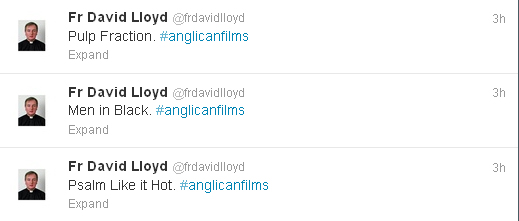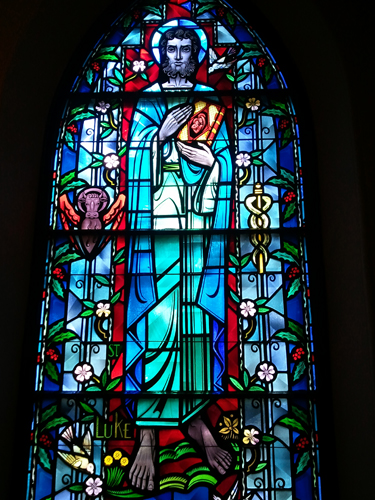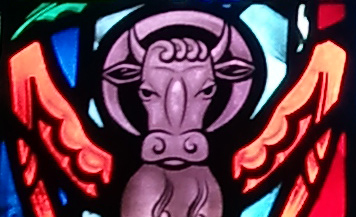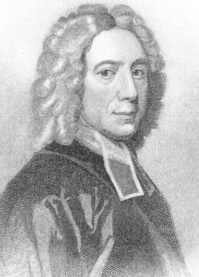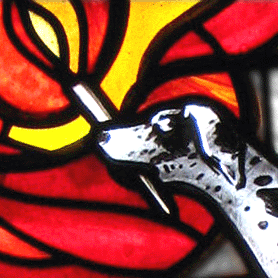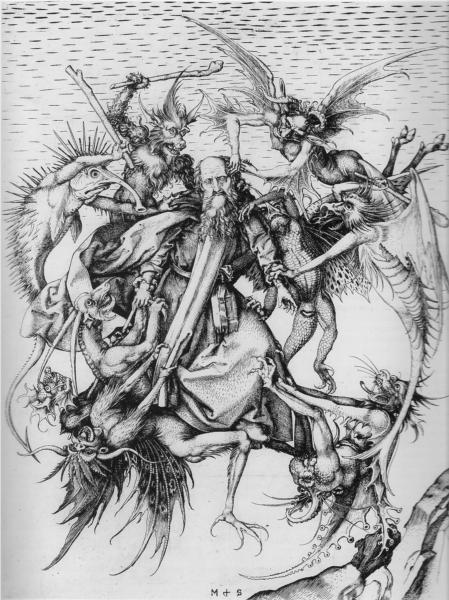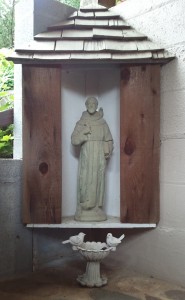On Tuesday, the Pew Research Center released a much-discussed report entitled “Nones on the Rise.” The report stated that one-fifth of the U.S. public, and a third of adults under 30, now identify themselves as unaffiliated with any particular religion. This represents an increase of almost 5 percent in the past 5 years. 13 million of these Americans are atheists and agnostics, but a majority–33 million–describe themselves as either religious, or spiritual but not religious.
According to the report, the unaffiliated generally believe that religious organizations can be a benefit to society. But overall, these people are content with a DIY approach.
With few exceptions…the unaffiliated say they are not looking for a religion that would be right for them. Overwhelmingly, they think that religious organizations are too concerned with money and power, too focused on rules and too involved in politics.
A lot of the media coverage of the Pew report has focused on the political leanings of this group (more liberal than conservative), or on the revelation that Protestants are no longer the majority in America, but I find myself contemplating the fact that a growing number of people are not just uninterested in organized religion–they are put off by the Church. Not by God, but by the Church.
I don’t expect everyone to want a spiritual life that is communal as well as personal, and I recognize that history is filled with people who find Church restricting at best. I’m pleased, perhaps relieved, that most people perceive some sort of spiritual reality in the world. But I do think that those of us who claim affiliation should pause to consider our relationship to religious people outside the Church. Have we gotten sidetracked? Do we offend unnecessarily? Do we understand and respect faith outside religious institutions? Is the growth of the religiously unaffiliated an inevitable trend in American society? Should we talk?
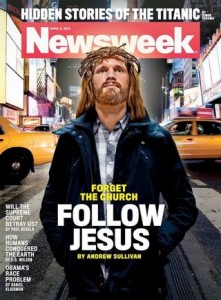
Newsweek cover
April 2, 2012


